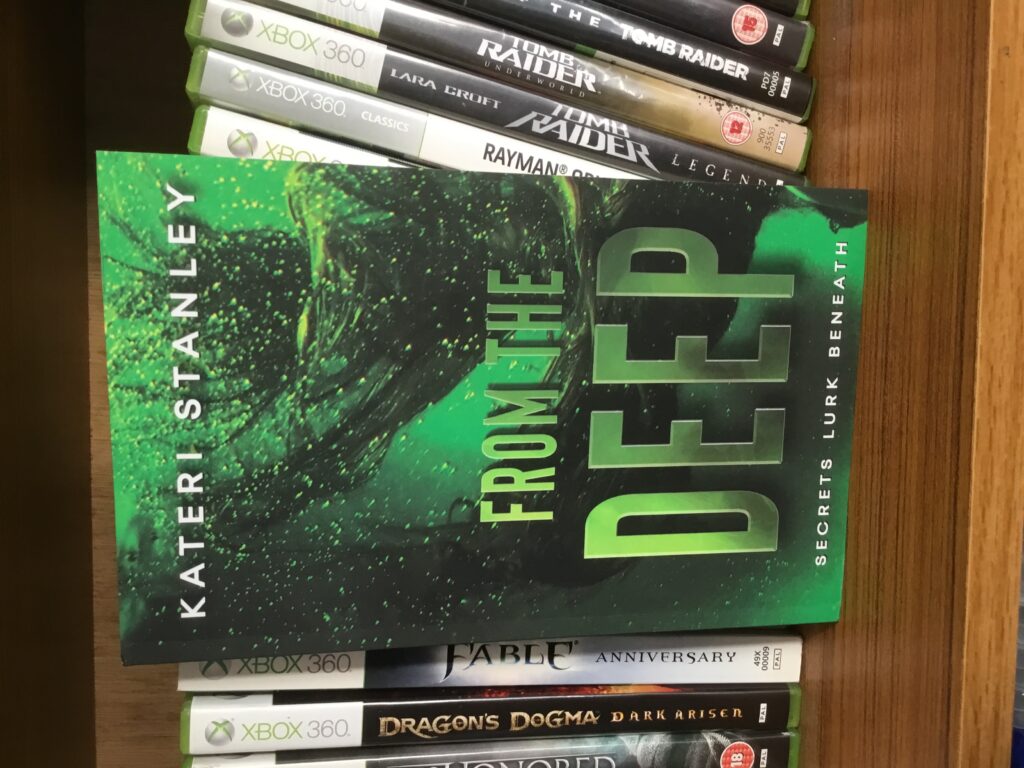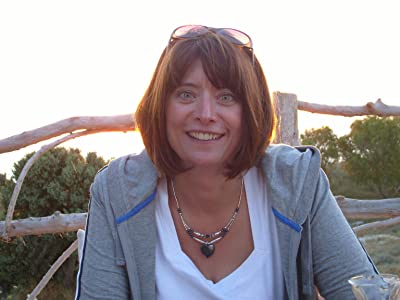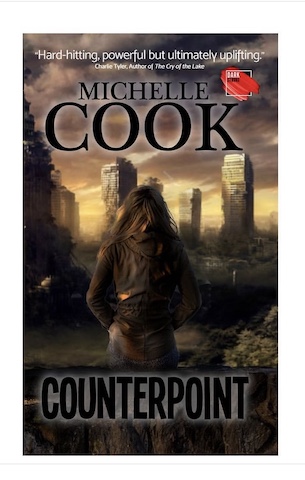Kateri Stanley is the next author featured in this 6Ws series. Her latest book, From the Deep, is a modern day, dark fantasy thriller. She says fans of Gillian Flynn’s Gone Girl and Hans Christian Andersen’s The Little Mermaid might enjoy reading it. Now that makes me curious. Read on to learn more about Kateri Stanley — a pseudonym by the way — and her writing.
Who is the author Kateri Stanley?
I’m a British-based writer moonlighting under a pen name, I work a regular office job by day, and I live with my boyfriend and our cat. I love my music, movies, TV shows and a video game here and there. Big fan of comedy. I’m an introverted geek.
What is your latest book?

From the Deep is a modern day, dark fantasy thriller. Based in the fictional town of Drake Cove. It follows fisherman, widower and single dad, Julian Finch who finds out that two of his colleagues have been murdered. His hometown is struggling under a huge hot media spotlight as their controversial practice of The Culling hits headlines everywhere.
The suspects of the murders come in the form of radical animal rights group, Fighters Against Animal Cruelty – FAAC. They go wherever the politics is trending and detests the town because of the brutal killings of pilot whales which are eaten.
After a hate attack goes viral, Julian and his daughter, Emily stay with a family friend, Frank Blothio. He is an ex-fisherman turned writer and political activist who does not have the best history with the animal rights movement, or Drake Cove as a whole. As Julian integrates into the Blothio way of life, he discovers heinous secrets and disturbing truths lurking beneath the skin of his hometown that will change his life forever.
Fans of Gillian Flynn’s Gone Girl and Hans Christian Andersen’s The Little Mermaid might enjoy it. It was published by indie publisher, Burton Mayers Books on the 6th May.
When did you begin writing?
I’ve been writing since I was a kid whether it was jotting down a diary, ideas, short stories, bad poetry, fan fiction, lyrics. But I didn’t start writing with serious intention to be published till I was a teenager when I started working on my first original idea.
How do you write?
I normally have an idea in my head and I let it simmer for a while. If it doesn’t go away, it will naturally mature, spread legs and blossom. I jot them down, might do a bit of research. then I start writing, typing up the first draft. Sometimes the ideas change and I go with the flow of it.
Where do you write?
At the moment, I write in my office at home and when I have a breather, I’ll scribble something down or jot it on my phone during my lunch break at work.
Why do you write?
It’s linked to my mental health. I have a lot of characters and stories swimming in my head. I feel alive when I write. If I didn’t, I’d probably be in a mental hospital.
Links to books and social media:
Website: www.kateristanley.com
Twitter: https://twitter.com/sal_writes
Instagram: http://instagram.com/sal_writes
Facebook: https://www.facebook.com/salwrites2
Goodreads: https://www.goodreads.com/author/show/21272876.Kateri_Stanley
BookBub: https://www.bookbub.com/profile/kateri-stanley
From the Deep on Amazon: https://www.amazon.com/gp/product/B09WG2GVV5
Forgive Me on Amazon: https://www.amazon.com/gp/product/B08XQSQF1D
All links: https://linktr.ee/sal_writes



